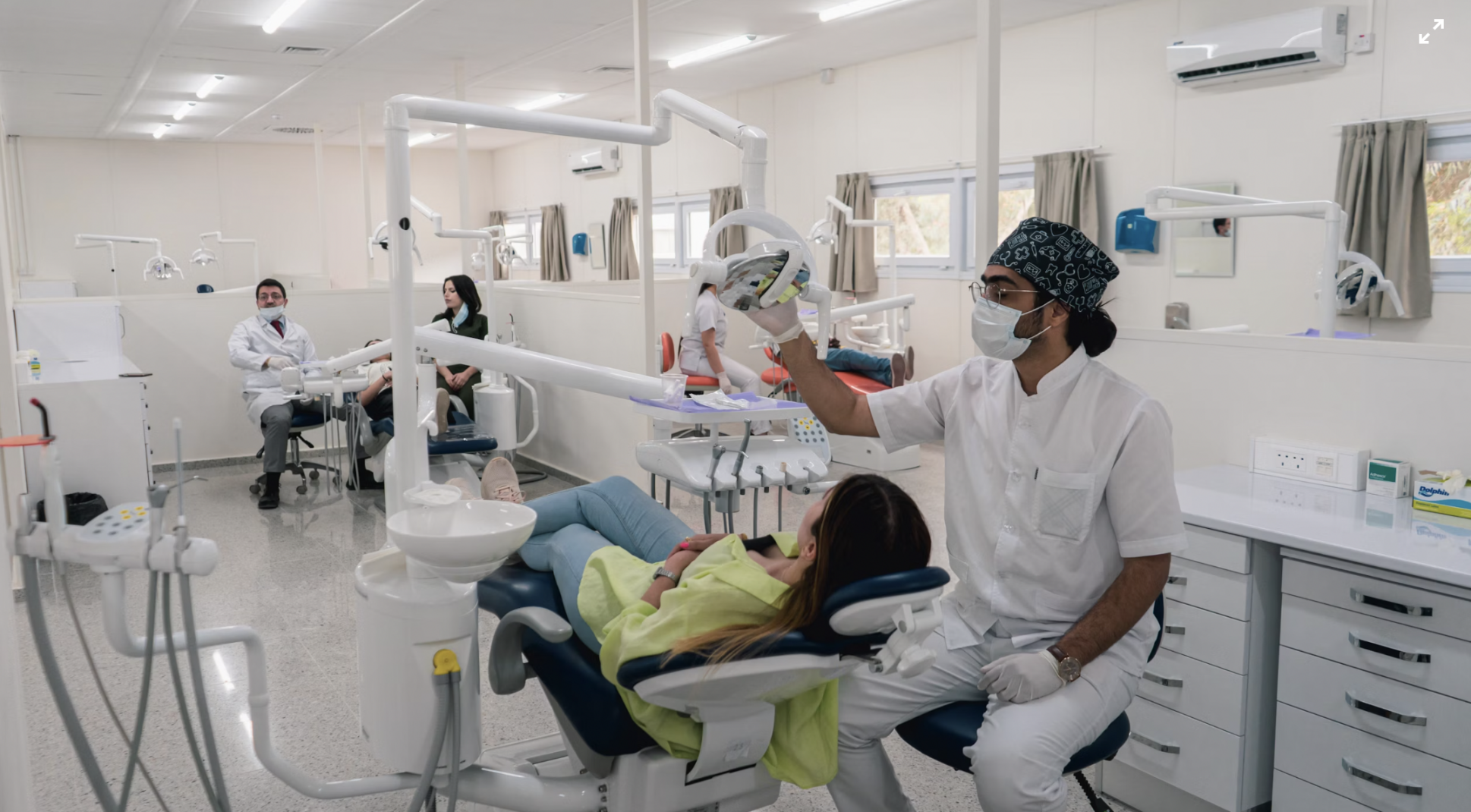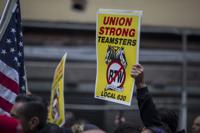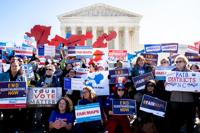
The number of people on Medi-Cal in California is approximately 14.9 to 15 million people. Photo by Divaris Shirichena
Medi-Cal, California's Medicaid program and the public health insurance program that provides needed health care services for low-income individuals, is under a new threat, especially for thousands of undocumented people who rely on the program every year.
Starting January 1, 2026, full-scope Medi-Cal will freeze new enrollments for certain adults who are undocumented and do not have a “satisfactory immigration status,” a process called the “Medi-Cal freeze” or “enrollment blackout.”
These changes were enacted to close the gap on California’s $12 billion budget deficit, which, as stated by Governor Gavin Newsom, is a direct result of lower-than-expected revenues, partially due to federal tariffs affecting trade and increased spending in areas like Medi-Cal.
“This is a tight budget in that respect,” California Governor Gavin Newsom said earlier in May when he first announced the budget proposal. “I’ve been very prideful of the [Medi-Cal] expansions and the progress we’ve made, but you have to level-set.”
Despite not yet being in effect, the Department of Health Care Services (DHCS) states that the freeze, starting next year, will directly affect Californians aged 19 and older who are not pregnant, who are undocumented and who qualified for full-scope Medi-Cal because of the state-funded adult expansions.
Other important things to know about the freeze:
It does not apply to people under 19 years old.
It does not apply if you have a satisfactory immigration status, which includes if you are a U.S. citizen or national or if you are a non-citizen who has an immigration status, including green card holders, refugees and asylees and DACA recipients.
If you are already enrolled in full-scope Medi-Cal, you will stay covered no matter your immigration status as long as you complete your annual renewal.
It is important not to lose coverage, or you won’t be able to sign up again—except for emergency and pregnancy care.
If your coverage stops because of a late renewal or missing paperwork, you will have 90 days to fix it and stay enrolled. This is known as a “grace period,” specifically put in place for the freeze.
Income-eligible children (0-18) and pregnant people can enroll in full-scope Medi-Cal, regardless of their immigration status.
Pushback
Health and immigrant rights groups did not take long to object and criticized the freeze on part of the Governor’s revised budget.
“In light of the militarized mass immigration raids and arrests causing fear and chaos across California, we are disappointed that the governor and the leadership in the Legislature chose to adopt a state budget that makes our communities even more vulnerable,” Masih Fouladi, executive director of the California Immigrant Policy Center (CIPC), said in June. “At a time when federal agents have arrested over 1,618 Californians across the state—separating families, violating constitutional rights and terrorizing neighborhoods—this budget also disappointingly adds new restrictions prohibiting legal aid organizations from assisting Californians facing deportation based on prior contact with the justice system.”
Before Newsom and the state legislature finalized the state budget for the 2025-26 fiscal year, there was already local opposition.
In May, Los Angeles City Councilmember Hugo Soto-Martínez introduced a resolution urging the California State Legislature to reject the then-proposed budget cut that would move forward with the freeze and therefore block new Medi-Cal enrollment for undocumented adults starting in 2026.
Soto-Martínez argued that this would disproportionately affect the state working class, including many of the estimated one in 10 Angelenos who are undocumented and for whom Medi-Cal is currently the only affordable and accessible health care option.
“This is bad budgeting. Undocumented Californians will still get sick, they’ll still need to go to the ER, and then taxpayers will have to pay much more than what we’re talking about now,” Soto-Martínez said in May.
This Tuesday, CIPC hosted an online webinar titled “Understanding Impacts of State and Federal Law Changes to Access to Public Benefits in California for Immigrant Communities,” where they provided a detailed overview of the expected impacts of the freezes.
In the meeting, CIPC said the best way to continue with Medi-Cal coverage and obtain Medi-Cal is to sign up immediately and stay covered.
To stay covered, they recommend those currently under Medi-Cal keep their contact information updated so they don’t miss important notices, respond to renewal packets or letters from their health plan or local county office, write down and know their renewal date so they can go online or work with their local county Medi-Cal office to renew their Medi-Cal if they do not receive notifications and visit the DHCS website and follow their social media channels for updates










(0) comments
Welcome to the discussion.
Log In
Keep it Clean. Please avoid obscene, vulgar, lewd, racist or sexually-oriented language.
PLEASE TURN OFF YOUR CAPS LOCK.
Don't Threaten. Threats of harming another person will not be tolerated.
Be Truthful. Don't knowingly lie about anyone or anything.
Be Nice. No racism, sexism or any sort of -ism that is degrading to another person.
Be Proactive. Use the 'Report' link on each comment to let us know of abusive posts.
Share with Us. We'd love to hear eyewitness accounts, the history behind an article.